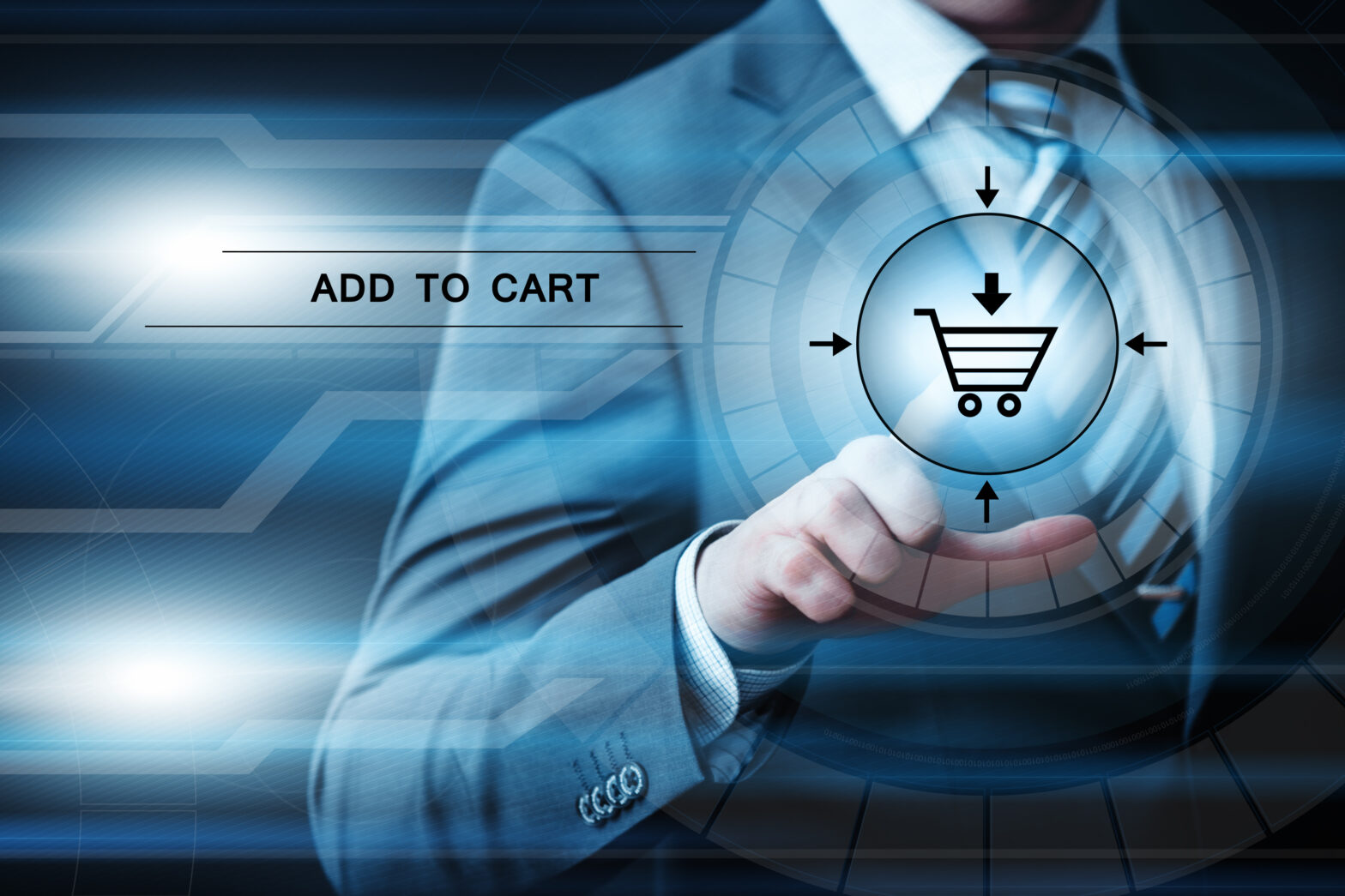Shopify has consistently modeled itself in an Apple-like persona, offering a better shopping cart experience for users, albeit at a premium price. Much like users happily shell out big bucks to buy Apple products, they also do the same to use this advanced shopping cart. With more features and functions than its competitors, and more integrations and apps to choose from, it’s no wonder why Shopify has grown so much.
Recent additions, like its own discount USPS postage rate, have helped grow the customer base at this shopping cart exponentially. As more retailers begin to migrate to this solution, many are realising the importance of the cross-channel customer experience. For these reasons and more, Shopify CRM software is becoming one of the most requested applications for this shopping cart. Here’s how it’s helping retailers evolve in the cross-channel online world of the present day.
Big data feeds
In the past, retailers that wanted access to big data had to have deep pockets and big budgets. But such is no longer the case with a cross-channel CRM. With analytics being driven from consumer patterns across all the sale channels, retailers need only look to their direct data streams to determine user behaviors and to accurately predict the next big trends at their online store, not to mention being able to A/B test processes to improve return on investment.
Cross-channel journey
Consumers have more options than ever before when shopping online. With juggernauts like Amazon offering easy returns and discounted shipping, the cross-channel journey has expanded. Factor in social media and other marketplaces like eBay, Etsy and Newegg, and a wide array of shopping options emerges. Using CRM, retailers can better follow this cross-channel journey and can better connect with customers along the way, while improving their offerings and fattening their bottom line in the process.
The customer relationship
The premise of e-commerce CRM is to improve the customer relationship and nurture it via effective management. Consumer needs are constantly evolving, leaving retailers to work harder to meet their demands. Newer solutions help retailers stay on top of these relationships by creating instant customer contacts and detailed profiles of each shopper with integrated sales history. This not only gives retailers an edge with the analytical data they can cull, but also helps them improve operations and enhance customer loyalty, too.
The empowered retailer
An empowered retailer is one that is reaping the benefits of rich data, a clear picture of the customer need and journey, and a list of things they can do to improve operations. In yesterday’s world, this meant using a variety of software applications in tandem, along with a rigorous set of manual functions for comparison and contrast. In today’s world, it might just mean using one CRM solution for ecommerce.










